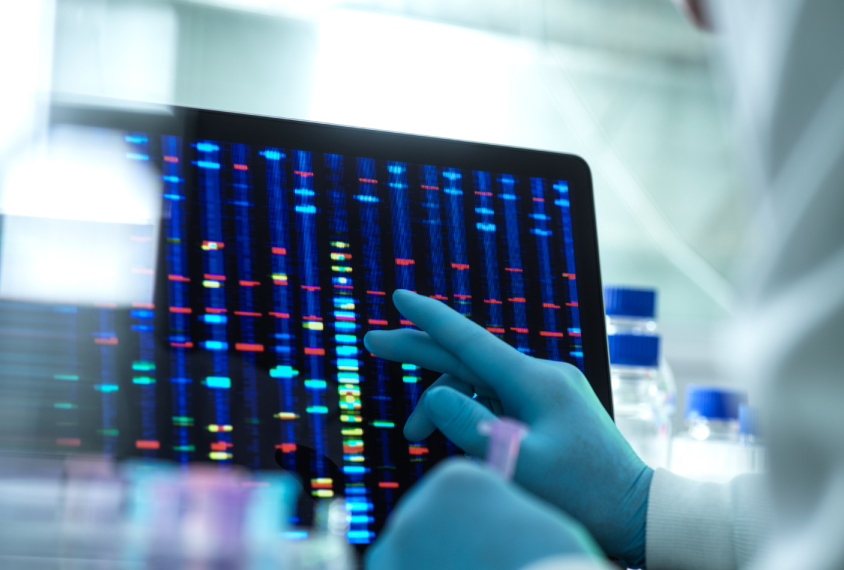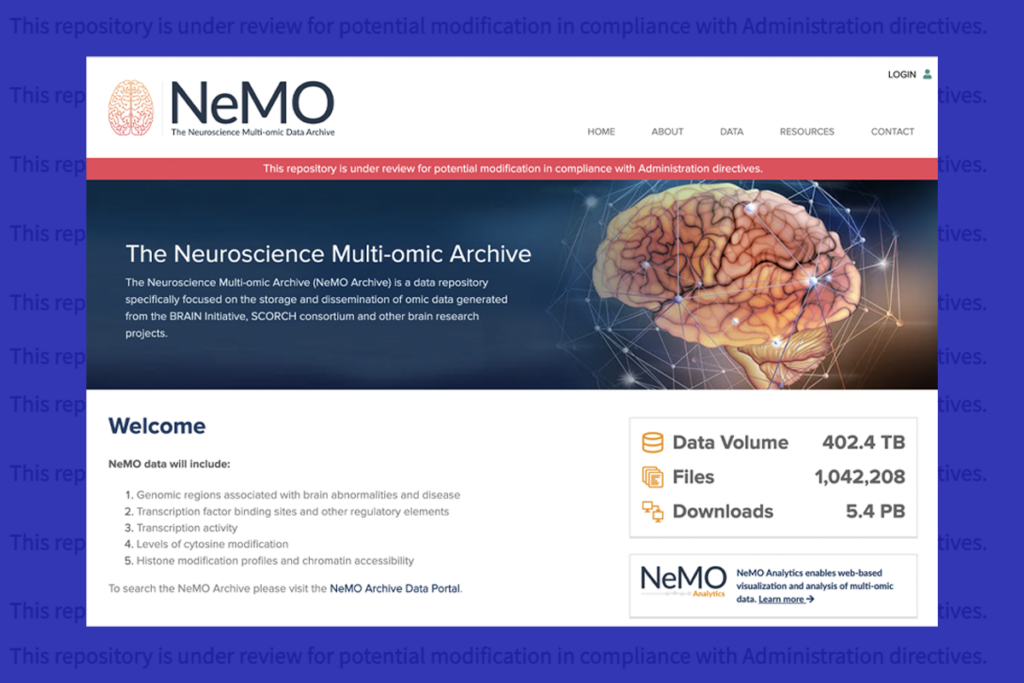Christian Schaaf is professor of human genetics at the University of Heidelberg in Germany.

Christian Schaaf
Professor
University of Heidelberg
From this contributor
Oxytocin lessons from autism-linked syndromes: A chat with Christian Schaaf and Ferdinand Althammer
Oxytocin therapies have failed to consistently benefit autistic people, but their effects in people with two autism-linked conditions may yield new insights, experts argue.

Oxytocin lessons from autism-linked syndromes: A chat with Christian Schaaf and Ferdinand Althammer
How an expert panel evaluates genes for autism genetic tests
About 15 percent of genes currently included in clinical genetic tests for autism or intellectual disability don’t have enough evidence to support their ties to the conditions, the panel found.

How an expert panel evaluates genes for autism genetic tests
Explore more from The Transmitter
As federal funders desert mentorship programs for marginalized students, trainee-led initiatives fill the gap
Grassroots organizations, led by graduate students and postdoctoral researchers, are stepping up to provide neuroscience career training and guidance for students from marginalized backgrounds—and they need your support.

As federal funders desert mentorship programs for marginalized students, trainee-led initiatives fill the gap
Grassroots organizations, led by graduate students and postdoctoral researchers, are stepping up to provide neuroscience career training and guidance for students from marginalized backgrounds—and they need your support.
Split gene therapy delivers promise in mice modeling Dravet syndrome
The new approach overcomes viral packaging limitations by delivering SCN1A piecemeal and stitching it together in target cells.

Split gene therapy delivers promise in mice modeling Dravet syndrome
The new approach overcomes viral packaging limitations by delivering SCN1A piecemeal and stitching it together in target cells.
U.S. human data repositories ‘under review’ for gender identity descriptors
Researchers associated with the repositories received an email from the U.S. National Institutes of Health in March noting that they must comply with a 20 January executive order from President Trump that recognizes only two sexes: male and female.

U.S. human data repositories ‘under review’ for gender identity descriptors
Researchers associated with the repositories received an email from the U.S. National Institutes of Health in March noting that they must comply with a 20 January executive order from President Trump that recognizes only two sexes: male and female.